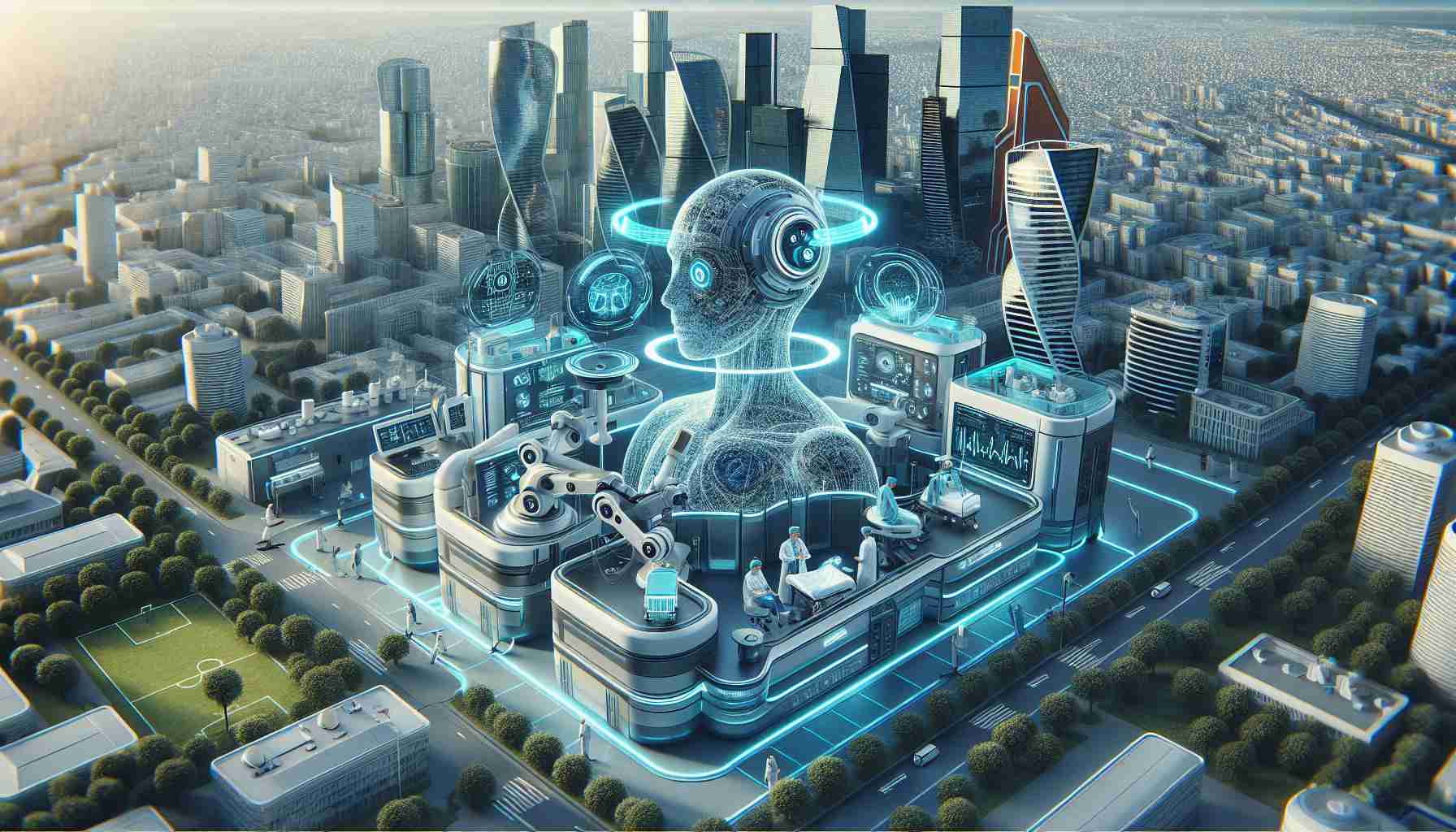In the near future, healthcare in Moscow aims to experience a significant transformation with the incorporation of Artificial Intelligence (AI) as its primary medical technology. This digital evolution will equip every physician in the city with a digital assistant, making telemedicine a standard practice while shifting all medical records and data processing to digital formats. This strategic move was communicated through the prestigious office of Mayor Sergey Sobyanin.
AI: A Lifesaving Force in Medical Diagnostics
Moscow’s path towards digital healthcare highlights the life-saving potential of modern technologies. Implementing AI into radiological diagnostics has exemplified its benefits. Neural networks analyzing images from CT scans, mammograms, and X-rays can detect up to 37 different diseases, including lung cancer, pneumonia, osteoporosis, heart attacks, and stroke with an impressive accuracy exceeding 95%. AI has proven its value by identifying diseases in early stages, often before medical professionals.
The Future of Medicine in Moscow’s Vision
Looking ahead, Moscow’s healthcare strategy is designed to embed AI deeply into medical practice. This means not only general practitioners but all specialists will have access to digital tools capable of suggesting the most effective treatment strategies. In place of traditional paperwork, a digital database will manage and store patients’ medical information.
Emphasizing the strategy set out for Moscow’s healthcare development until 2030, Mayor Sobyanin asserted that although the tasks ahead are substantial, the goals established are both clear and attainable. With this commitment, Moscow is poised to set a new benchmark in healthcare efficiency and quality.
Key Questions and Answers:
1. How will AI impact the accuracy of medical diagnoses in Moscow? AI is expected to enhance the accuracy of medical diagnoses in Moscow by analyzing medical images with a high degree of precision, identifying diseases early on with accuracy exceeding 95% in some cases.
2. What types of diseases can AI detect? AI can detect up to 37 different diseases, such as lung cancer, pneumonia, osteoporosis, heart attacks, and strokes.
3. Will AI replace medical professionals in Moscow? AI is not intended to replace medical professionals but to serve as a tool to assist them in making more accurate diagnoses and managing patient data.
4. What is the role of telemedicine in Moscow’s healthcare transformation? Telemedicine will become a standard practice, allowing physicians to offer services remotely and patients to receive care regardless of their location.
5. How will patient data be managed? A digital database will store and manage patients’ medical information, replacing traditional paperwork and facilitating easier access and processing of health records.
Key Challenges and Controversies:
1. Data Security and Privacy: The storage and processing of medical records digitally raise concerns about data protection and the privacy of patient information.
2. Implementation Costs: The cost of integrating AI technology into the existing healthcare system may be substantial, and the source of funding could be a point of discussion.
3. Doctor-Patient Relationships: The increase in telemedicine and AI assistance might impact the traditional face-to-face relationship between doctors and patients.
4. Technological Inequality: There could be disparities in access to these advanced technologies between different socioeconomic groups within the population.
Advantages:
1. Increased Diagnostic Accuracy: AI can significantly improve the accuracy of disease detection, leading to better patient outcomes.
2. Efficiency Gains: AI can streamline various processes within healthcare, reducing the time spent on diagnostic procedures and record-keeping.
3. Remote Accessibility: Telemedicine will enable patients to receive healthcare services remotely, broadening access to care.
Disadvantages:
1. Reliability: Depending too heavily on technology may lead to issues when systems malfunction or when AI provides erroneous results.
2. Job Displacement: Medical professionals may fear job displacement or deskilling as AI takes over certain diagnostic processes.
3. Adaptation: There will be a learning and adaptation curve for medical professionals to effectively integrate AI into their practice.
Related to the topic of digital transformation and AI in healthcare, you can visit the World Health Organization’s website for information on global digital health strategies: World Health Organization. Additionally, for broader AI and digital transformation insights, you might explore resources provided by the International Data Corporation (IDC) at IDC.

